Charitable Giving with Donor-Advised Funds
Charitable Giving with Donor-Advised Funds
Berkeley, California – December 1, 2017
’Tis the season of giving and tax planning (if I may be so practical). Many of our clients are thinking about charitable donations. I’m proud to say that America has been named the world’s most generous nation in the world for charitable giving.
When it comes to giving, many individuals and families know exactly which organizations they want to support, and they make gifts directly. Some know they would like to support one or more charitable organizations but have not had the time to do their research or sit down with the family to decide which one they would like to support. While others have had a major wealth event during the year and know that they have philanthropic intent, yet they have not had the time to do anything beyond manage the event. For those that are out of time or uncertain of which charities to gift, a donor-advised fund (DAF) has many benefits.
What is a donor-advised fund? A donor-advised fund is like a charitable investment account, for the sole purpose of supporting charitable organizations you care about. When you contribute cash, securities or other assets to a donor-advised fund at a public charity, like Fidelity Charitable, you are generally eligible to take an immediate tax deduction. Then those funds can be invested for tax-free growth and you can recommend grants to any IRS-qualified public charity.
The three largest donor-advised funds in the US:
There are many benefits to using donor advised funds. Donor–advised funds might not be suitable for everyone but they do have many great benefits:
-
The foremost benefit for many people is that you will receive immediate tax benefits at the time of your donation, but there are no rules or regulations about how quickly the donation has to be distributed. This could be a deduction of up to 50% of Adjusted Gross Income (AGI). This is a great option for individuals who had a great business year and want to set money or highly appreciated assets aside for future philanthropy.
-
DAFs can accept many assets such as real estate, securities, LP interests, and even insurance.
- Cash equivalents
- Publicly traded securities
- Certain restricted, controlled, or lock-up stock
- Mutual fund shares
- Bitcoin
- Private equity and hedge fund interests
- Real estate
- Certain complex assets, such as privately held C-corp and S-corp shares
-
While your assets are in the DAF, they can be invested and will grow tax free until you choose to distribute a gift. Your Advisor can assist you with this transaction.
-
Once you have gifted assets into the donor-advised fund you can set up a continuous giving program to support your favorite charities. This way, you won’t need to worry about it; it has been put on auto-pilot.
-
Many charities prefer to receive the donation over a time period instead of in one big payment so they can better plan for and utilize the donation. As the donor, you can also monitor the work and outcomes of the charities along the way.
-
DAFs are simple to establish and inexpensive to administer. Instead of receiving numerous tax receipt letters from several different charities, you can establish a DAF with as little as $5,000.
-
DAFs simplify your record keeping, making it much easier to keep track of your charitable donations.
For every upside there is a downside, though there are very few with donor-advised funds. There are over 285,000 donor-advised funds in the US. The three primary DAFs are National Charities, Community Charities and Single-Issue Charities, each with different fees and management structures. It is difficult for investors to obtain all the needed information to make an appropriate choice. There may also be hidden fees. Therefore, it’s important for every investor to sit down with their wealth manager and determine which, if any, charitable vehicle makes the most sense for their situation and goals.
As the end of the tax year approaches and you know you want to make a charitable gift—or you need a tax deduction but haven’t been able to focus on which charities you want to support—speak with your CPA and Wealth Manager about setting up a donor-advised fund. It’s been a good year, a great year to give and there are only a few days left in 2017 to make a difference to a cause you care about.
Have a wonderful Holiday Season! From all of us here at Willow Grove Advisors.
Keley R Petersen, Japke Welschen, Jeff Petersen, and Constance Brown
